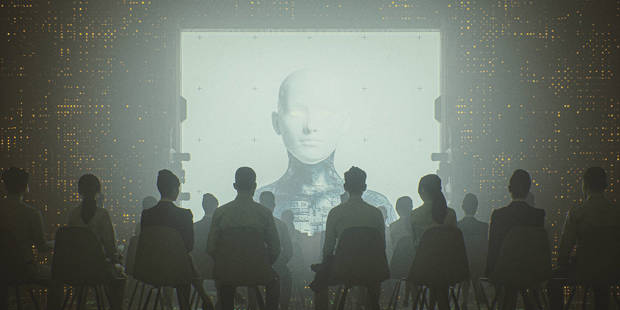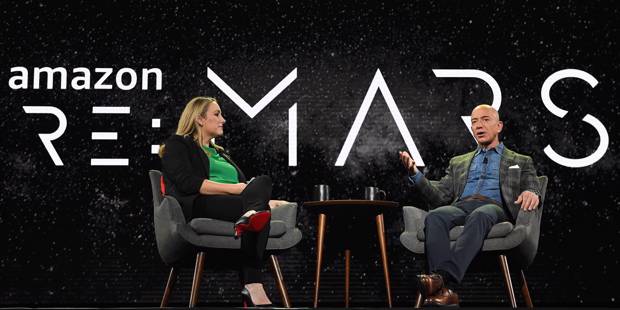Nicholas Agar
Nicholas Agar is Professor of Philosophy at the University of Waikato, New Zealand, and the author of How to Be Human in the Digital Economy (MIT Press, 2019).
-
Is AI a Climate Game-Changer?

Is AI a Climate Game-Changer?
Sep 11, 2023 Nicholas Agar, et al. consider what role the technology could play in humanity's response to the climate crisis.
-
Should Humanities Professors Be Automated?

Should Humanities Professors Be Automated?
Sep 22, 2022 Nicholas Agar considers the implications of recent successes with AI-generated academic research and writing.
-
Finding Purpose in the Humanities

Finding Purpose in the Humanities
Dec 9, 2021 Nicholas Agar calls for educators to adapt to post-millennial reality by abolishing the traditional term paper.
-
An Interview with Nicholas Agar

An Interview with Nicholas Agar
May 26, 2020 Nicholas Agar emphasizes the importance of unchosen social interactions, warns that technology cannot replace them, and wonders whether COVID-19 is enough of a shock to improve the lives of poor people in the long term.
-
The Horizon Bias in Human Innovation

The Horizon Bias in Human Innovation
May 1, 2020 Nicholas Agar warns against allowing technological advances to inflate our expectations of forthcoming breakthroughs.








